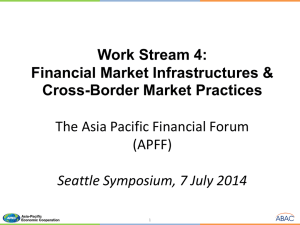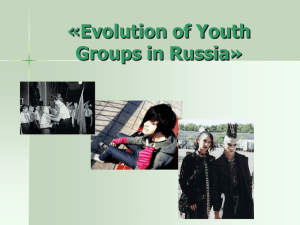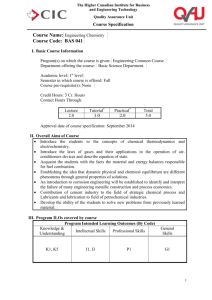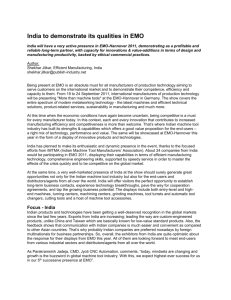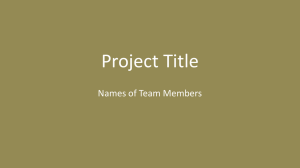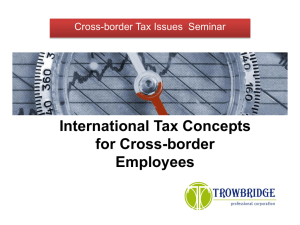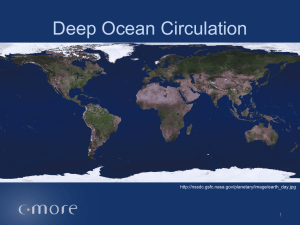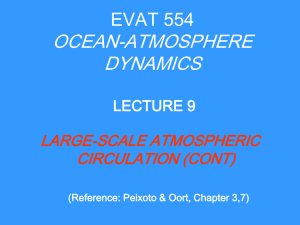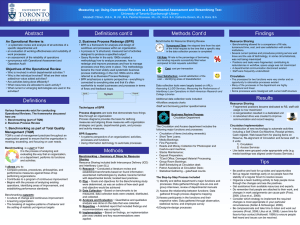The European Music Sector
advertisement
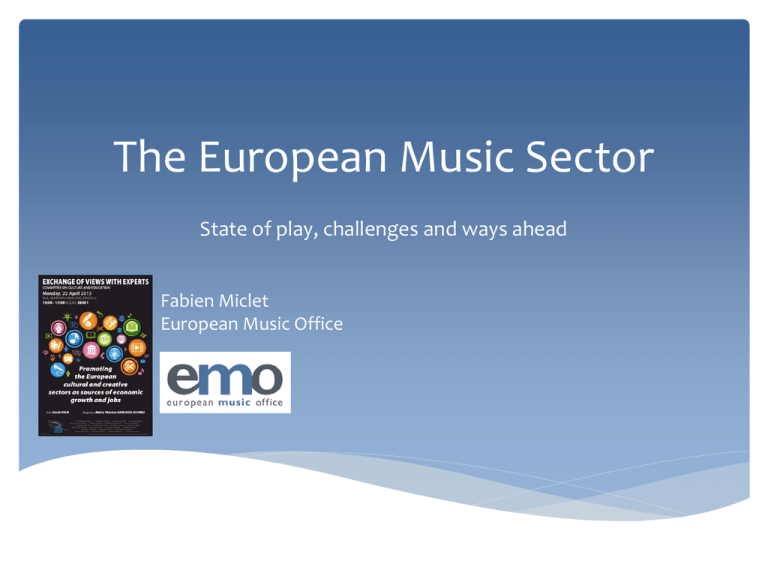
The European Music Sector State of play, challenges and ways ahead Fabien Miclet European Music Office Music: an asset for Europe A soft power tool From Beethoven to Adele: a strong heritage CC A mosaic of genres (national folklores, classical, popular) Europe's trademark: a mixed model CC © Bjork © Universal Music Group Music: an asset for Europe A rich and diverse ecosystem • Europe: 50% of global music publishing revenues and 1/3 of global recording sales (source: IMPALA) • Recorded music: physical, radio, online, mobile, video games, cinema, TV... • Live music: festivals, venues -> macro to micro • Market structure: Majors, independents, not for profit, public support © Rock am Ring CC CC CC No 'one stop shop' approach Challenges 2001-2013: A double difficulty ‘Digital shift’ (new distribution channels, consumer choices) + recent economic downturn rise of online piracy combined to decline of physical and live music sales Source: IFPI digital music report 2013 2008: 40 billion music files shared worldwide, piracy rate 95% (source: IFPI). Physical revenue in Europe: €7.1 billion in 2000 to €3.1 billion in 2010 (source: IFPI) Case of Finland Economic crisis : decline in ticketing figures for venues and festivals Challenges 2012: growth of global music sales (0.3%)-> first time since 1999 (IFPI) Boost: legal online services, mobile apps, rise of subscription services (Case of Finland) Good news, but does it benefit European operators, artists, music listeners? Source: IFPI digital music report 2013 Challenges Obstacles to cross-border circulation: a key issue Market obstacles to circulation of repertoires across EU borders • radio choices • language diversity Variety of national regulatory regimes in the EU • Taxation • collective rights management • Cross-border licensing issues Low level of cross-border circulation of EU music repertoire (EMO study) Challenges Obstacles to cross-border circulation: a key issue Source: ‘Music Crossing Borders’, EMO / E. Legrand Challenges Obstacles to cross-border circulation: a key issue Same problem for European music outside the EU borders (regulations, language barriers and promotional environments ) Vastly untapped potential The EU, a single market... for US music? (EMO study) Challenges Obstacles to cross-border circulation: a key issue Source: ‘Music Crossing Borders’, EMO / E. Legrand Policy Harmonizing online rules • Collective rights management: transparency and cooperation • Multi-territorial licensing: reduce cross-border transaction costs (KEA) Improving the financial framework • Access to finance, incentives to take risks and innovate (Creative Europe, financial guarantee) • Taxation: online and offline equity European Commission Policy Cross-border circulation: a crucial area of action Encourage cross-border live music tours and concerts (Creative Europe) Promotion (recorded sales) + performance rights + revenue for venues and festivals + spillover effects (tourism, contractors, etc.) Best means for non Anglo-Saxon artists to overcome market hurdles (radio, labels, etc.) Radio incentives to play EU repertoire : embrace linguistic diversity (+online services) EU music Observatory to quantify circulation and mobility Support international tours, export offices, showcases, visibility (soft power) ©EMI ©Universal Music Group Thank you fabien.miclet@emo.org www.emo.org
